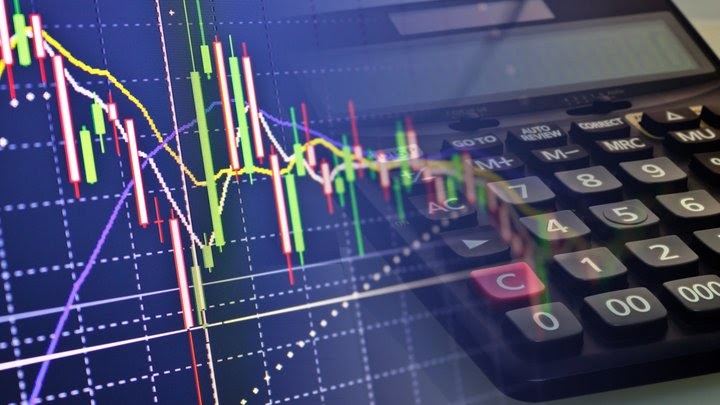For traders, the foreign exchange market can be a place that is both volatile and hard, and this is especially true during times of economic sluggishness. As a result of major changes in currency valuations, economic downturns can make it challenging for traders to anticipate market movements and capitalize on opportunities presented by those movements. Traders, on the other hand, can traverse these hard circumstances and still generate money if they have the appropriate tactics in place. In the following paragraphs, we will go over some suggestions for traders that can help them negotiate the foreign exchange market even when the economy is in a slump.
First and foremost, make sure you are always up to date.
Keeping abreast of the most recent happenings in the market is one of the most vitally important things that traders can do when the economy is through difficult times. This includes keeping an eye on economic indicators such as rates of unemployment and inflation, as well as tracking the development of GDP. In addition to this, it requires staying up to date on any news concerning the nations whose currencies are being traded.
Use of technical analysis should be your next step.
In times of economic turmoil, when market volatility is particularly high, traders can’t afford to be without the indispensable instrument that is technical analysis. Traders are able to recognize patterns and trends in the market through the use of charts and indicators, which enables them to make educated trading decisions. Among the many different trading platforms that are available, MetaTrader 4 is one of the most widely used ones to access sophisticated technical analysis tools. Traders have access to a broad variety of indicators when using MT4, such as moving averages, Bollinger bands, and MACD, amongst others. Traders can benefit from these indicators by better identifying trading opportunities and reducing risk.
Make use of stop-loss orders.
Stop-loss orders are extremely important for traders to use when the economy is in a slump. Traders have the ability to minimize their losses by using stop-loss orders in the event that the market turns against them. Traders can quickly and simply establish stop-loss orders for their respective trades using MetaTrader 4, and these orders can be adjusted as required.
Diversify your investment portfolio.
Traders going through tough economic times should also prioritize diversifying their investment portfolios as a vital tactic. Traders can reduce their overall risk exposure by diversifying their holdings across a variety of assets and currencies. This can assist reduce losses in the event that one asset or currency does not perform as expected. In addition to currency pairs, MT4 gives traders access to a large variety of other financial products, such as equities, commodities, and cryptocurrencies. Traders can better manage the risks associated with their investments by diversifying their portfolios across other markets.
Put effective risk management into practice.
Finally, it is essential for traders to have a solid risk management strategy in place while the economy is in a slump. This involves establishing trading goals that are attainable, minimizing excessive leverage, and ensuring that trades are carried out with the right lot size. The built-in risk management tools of MT4, like as the margin calculator and the trade volume calculator, can assist traders in more effectively managing the risks associated with their trading.
When the economy is in a downturn, the foreign exchange market can be difficult to trade in, but if traders have the correct techniques in place, they can still earn a profit from the market. Traders are able to negotiate the market successfully and come out on top if they keep themselves educated, utilize technical analysis, establish stop-loss orders, diversify their portfolios, and practice proper risk management. Because of its comprehensive features and tools, MT4 is an excellent choice for traders who intend to engage in forex trading during times of economic instability.



